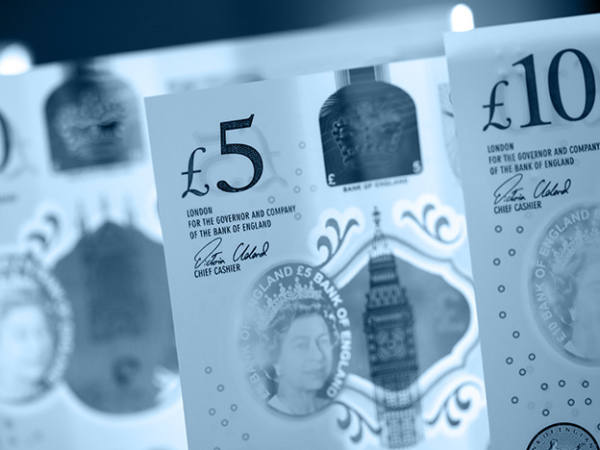- The pandemic, inflation and geo-political crisis make a potent brew
- Being discerning about shares is still vital, despite risks for expensive quality
Tragedy is unfurling in Ukraine and that unsurprisingly spilled into highly volatile stock markets this week. While we wouldn’t tout this disaster as a wonderful buying opportunity (that would be crass beyond belief and, frankly, could be erroneous and misleading), the fact is that investors will be worried about the impact such seismic events have on their portfolios and wonder how to position themselves.
Before Putin’s invasion, most focus had been on inflation and the interest rate hiking cycle embarked upon by the Federal Reserve and the Bank of England; and various degrees of quantitative tightening and monetary policy tightening around the world. This doesn’t favour expensive quality growth stocks as investors need companies to make bigger profits or become cheaper in order to still achieve a reasonable real (after inflation) rate of return. However, when there is a geopolitical crisis, some of those steady safe businesses seem more attractive again. While most people’s first reaction isn’t to try and profit from the horrors of war, the fact is that market gyrations do create openings to rebalance into quality defensive shares.
That said, it’s in keeping with the remarkably turbulent times that we live in, that there are some big caveats to the results of this month’s quality screens. Thanks to the other catastrophe, the coronavirus pandemic, we softened some of the measures of our quality screen. For now, it isn’t compulsory for companies to pass the tests to have higher than median average operating profit margin and return on equity for each of the past three years. The pandemic messed numbers around so much that these aren’t fair tests. Still, readers should keep that in mind and look out for the Margin grth and RoE grth in the ‘tests failed’ columns of the tables.
The other factor to be especially mindful of is companies’ indebtedness, especially given that interest rates are likely to rise. The impact of sanctions on one of the world’s leading energy producers is going to affect the cost of how everything is manufactured and transported, so that means higher inflation and rates will have to be raised to try and control that. Our screens do have an interest cover test - the cost of servicing debt must be covered five times by earnings - and notably none of the companies in our tables fail this test. Equally important, none of them fail our test to have positive free cash flow either.
Download PDF











